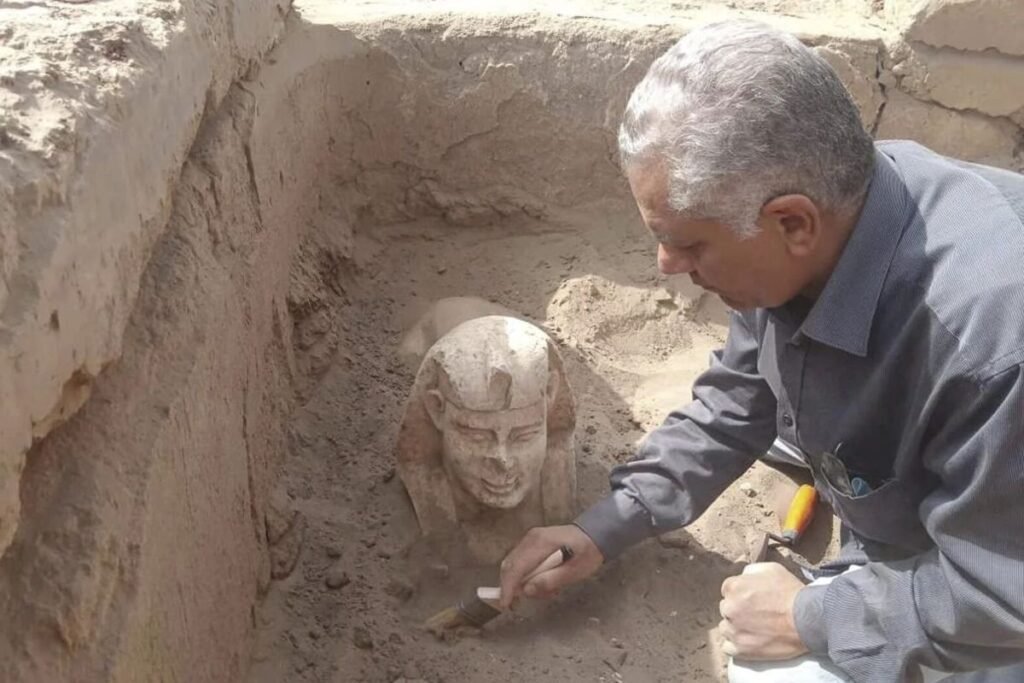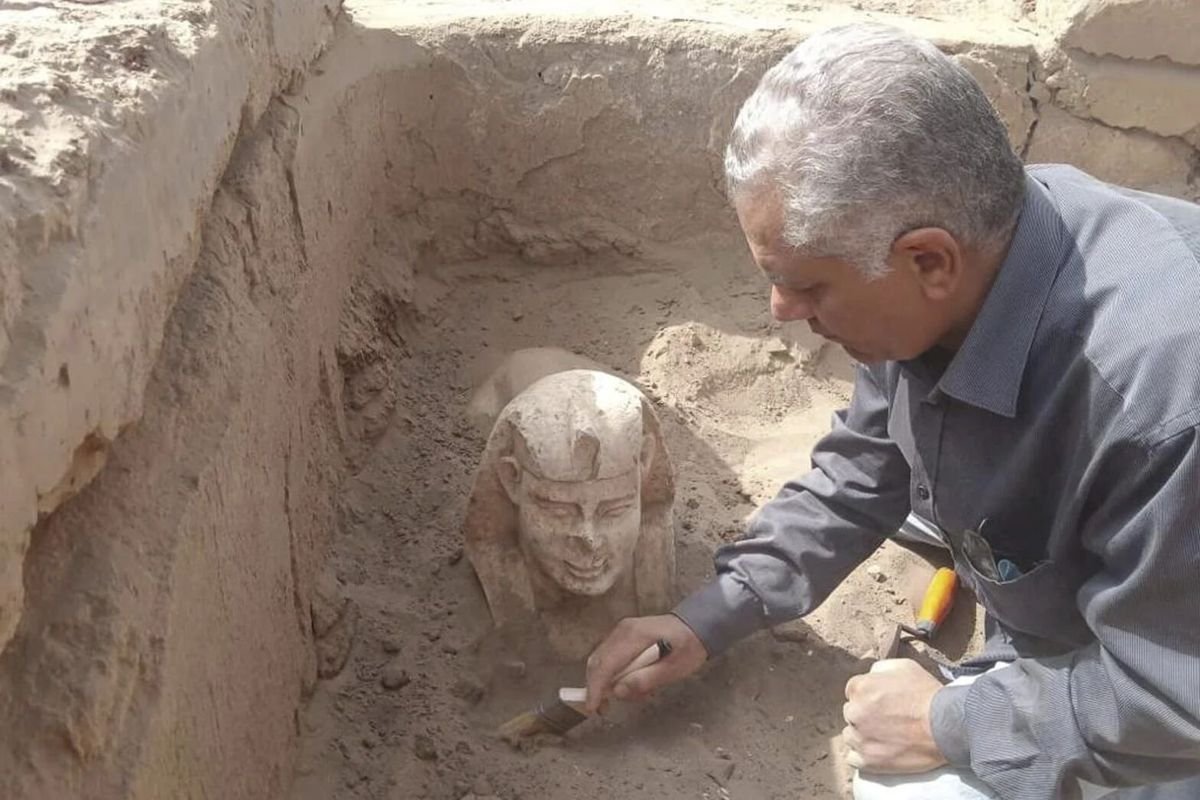An archaeology team from a Dutch museum has been prohibited from conducting excavations in Egypt’s Saqqara necropolis due to a controversial exhibition organized by the museum.
The National Museum of Antiquities (RMO) in Leiden faced repercussions following the launch of its exhibition titled “Kemet: Egypt in Hip Hop, Jazz, Soul & Funk.” The Egyptian Antiquities Service’s head of foreign missions sent an email expressing disapproval of the museum’s “Afrocentric” approach, accusing it of distorting historical facts. As a result, the Egyptian authorities have denied the museum a permit for the upcoming excavation season at Saqqara.

The RMO museum has been involved in excavations at Saqqara for over 40 years, but the denial of the permit hampers their ongoing work at the site. The permit was rejected due to the perceived act of “falsifying history” within the current exhibition.
Despite the setback, the museum aims to engage in a constructive dialogue with the Egyptian authorities to address the issue. The “Kemet” exhibition intends to present and understand how ancient Egypt is portrayed through music by black artists. It also seeks to showcase insights derived from scientific and Egyptological research on ancient Egypt and Nubia.
Nubia is an ancient region in northeastern Africa, extended from the Nile River valley in Egypt to the present-day Sudanese city of Khartoum. In history, it was the homeland of the Nubian Kingdom of Kush, whose rulers were referred to as the “Black Pharaohs.”
The exhibition, which began in April and runs until September, explores the musical history and the influence of ancient Egypt and Nubia on the works of renowned musicians, including jazz icons Miles Davis and Sun Ra, as well as contemporary artists like Beyoncé and Rihanna.













